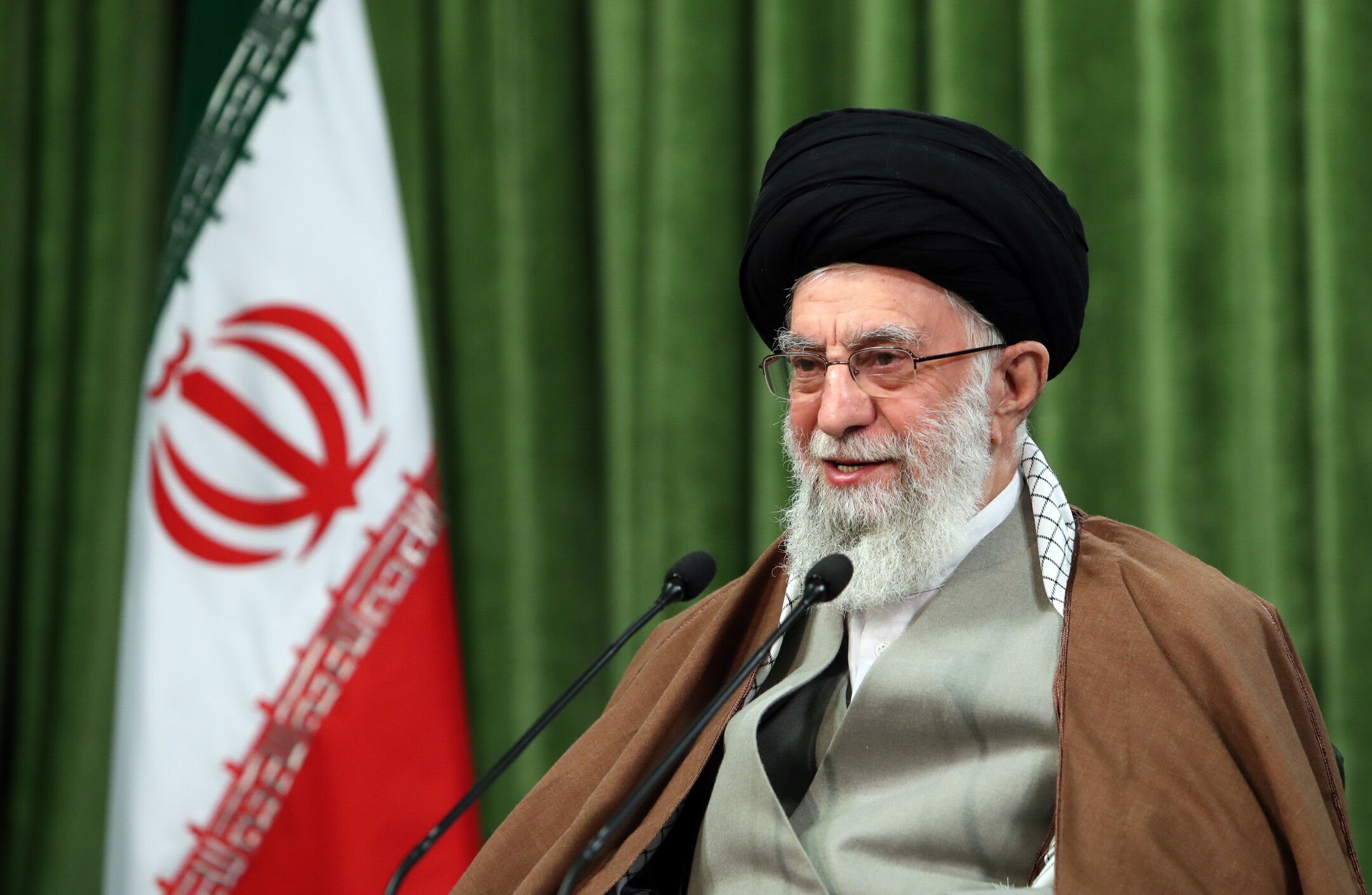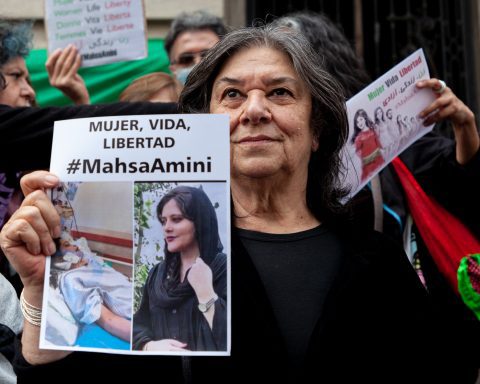Iran’s Foreign Ministry stated last week, “We are continuing our negotiations with Riyadh in a positive atmosphere.” The Financial Times reported last month that Iranian and Saudi officials met in Baghdad in April. On May 10th, the Ministry of Foreign Affairs’ Spokesperson, Saeed Khatibzadeh, confirmed the talks. He stated that their goals were “both bilateral and regional.” The talks are centered on four major issues: Yemen’s civil war, Lebanon’s conflict, Iran’s nuclear deal, and the security of the Persian Gulf waterways. It is alleged that in January 2021, talks were held between Iranian officials and the UAE intelligence service. Afterward, five meetings were held with the participation of Jordanian, Egyptian, and Saudi officials. Accordingly, it is understood that the dialogue platform established is more comprehensive, and the search for detente with Iran is on a regional scale.
As it is known, it is the departure of Trump, rather than the coming of Biden, that forces the Saudi administration to its foreign policy transformation. In addition, the Biden administration’s firm intent to bargain a diplomatic solution with Iran can be added to this. Saudi Arabia was unable to succeed with its objectives in Yemen, Syria and Lebanon.
Thus, Saudi Arabia wants to exit the political vacuum of the Yemen War, which has become a political and security burden, especially after the new US administration changes position. However, they are very well aware that the way to stop this war is through the Houthis and Tehran. The policy of confrontation with Iran has ultimately failed, and the failure of this aggressive policy makes it necessary for Riyadh to reconsider its position. However, it is unclear whether this transformation will be strategic or tactical.
Iran’s good attitude toward this engagement is entirely tactical. A cease-fire with Saudi Arabia is a good place to start for Iran in changing the present dynamic. In this manner, it will be able to leave the Vienna discussions with as few concessions as possible. It aspires to strengthen its regional influence by advocating for the formation of a regional security structure that forces foreign forces to leave the Persian Gulf. Saudi Arabia is abandoning its intention to join in nuclear negotiations and suspending its strategy to strike an agreement with Israel as a result of demonstrating some flexibility. Also, the 2015 Nuclear Deal was not submitted to the Senate by the Obama administration but entered into force with the president’s signature. Iran wants the new agreement to be approved by the Senate, and to be an “interstate” agreement. For this reason, it wants to neutralize the Saudi lobby in the Senate. The Biden administration showed that it would suppress Saudi Arabia by publishing the intelligence report on Crown Prince Mohammed Bin Salman. The Biden administration is determined to restrict the negative effect of Saudi Arabia and Israel on the nuclear negotiation with Iran.
While Tel Aviv hopes that Saudi Arabia will lead in normalizing relations with the Gulf, it appears worried that Saudi Arabia’s politics towards Iran will change. Lebanese newspaper Al-Akhbar revealed that during the talks held in Baghdad between Iran and Saudi Arabia, the Saudis emphasized that they do not want to normalize relations with Tel Aviv. Therefore, the dialogue between Iran and Saudi Arabia is only a temporary and gradual need, and the deep hostility between them stems from the religious conflict and geopolitical rivalry between them.
Iran’s foreign policy will be influenced by the “Biden Effect,” as well as the Supreme Leader’s decision to limit the role of the Revolutionary Guards in presidential elections. According to Foreign Minister Javad Zarif’s words in the leaked audio tapes, the regime’s strategy in the area is wrong, and Iran has suffered immensely as a result of the Revolutionary Guards’ actions. Is Iran, however, ready to modify its policy today? This topic is difficult to solve as long as the Revolutionary Guards dominate the country’s diplomacy.
The presidential elections in Iran on June 18th will be arduous. The nominations of names such as Ahmadinejad, Pezeshkian, Larijani and Jahangiri were not approved. 5 of the 7 candidates who will join the election are radical conservatives. The election appears to have been designed to ensure that conservative candidate Ebrahim Raisi wins, and it is clear that Khamenei wants radical conservatives to be active in the new era.
The crucial fundamental question is what effect the elections will have on the Vienna conference. What impact will this have on the Iran-Saudi Arabia normalization process? Khamenei appears to have no motivation to obstruct a quick resolution of the difficulties in the negotiations with the US. On the contrary, he may prefer to speed them up in the hopes that Raisi will profit from the economic respite. To boost his chances of a successful Raisi presidency, Khamenei may moderate Iran’s regional policies. This will benefit the Iranian-Saudi Arabia normalization effort.
It could be said that Iran, which has entered a new era, has a positive view of “softening” but not in terms of normalization with Saudi Arabia. However, the future of the two axes in the region will also affect these relations. As it is known, there are two axes in the region, one against Turkey and the other against Iran. It is possible to say that the anti-Turkey axis is cyclical, not structural. We can say that the anti-Iran axis has been stretched by the Biden effect and the course of regional developments and has sought dialogue with Iran. However, this axis is structural rather than a cyclical one, and it is not easy to disintegrate. So, there is no reason to be too hopeful.
Consequently, the dialogue between Iran and Saudi Arabia can be looked at as a “flexion” or “softening”, rather than “normalization”.














